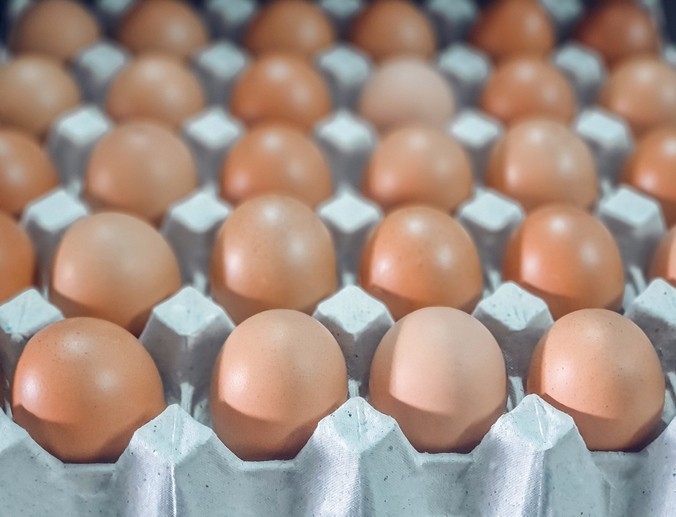Dispatches from the 2nd Amino Acid Academy in Paris
Lidl France led feed formulation project relies on amino acids, local protein sources to reduce reliance on soy imports

The amount of imported soy in the diet of the birds was reduced by half through the use of amino acids or locally grown plant protein sources such as field beans, peas and alfalfa.
While the first product launch involved eggs, the coming weeks and months will see chicken, pork and milk products, again from animals reared on the novel feed formulation, being rolled out in those supermarkets, said Michel Biero, executive purchasing director, Lidl France.
He was speaking about the product launch this morning when he gave a keynote presentation at the 2nd Amino Acid Academy in Paris, hosted by amino acid producer, Metex Nøøvistago.
The retailer is involved in an initiative alongside Metex and a plethora of other France based actors from Novial Animal Nutrition to Noriap to InnovaFeed and the Earthworm Foundation, with backing by the Hauts-de-France Chamber of Agriculture, that aims to lower reliance on imported soybeans for French farmers.
The partners also saw that, through the use of amino acids and local plant proteins, 100% of imported soy could be replaced in the rations of fattening pigs, said Biero.
Some 100 farmers are participating in the project which is being supported by various French food companies including LDC, Galline, Loeuf, Lact’Union and Cirhyo.
“We are pragmatic. This is not about soy bashing. We are well aware that soy is [a valuable component of farmed animal diets.] But we simply want to contribute to the resilience of the French agricultural sectors so they can become autonomous vis-à-vis mass soy imports,” said the purchasing executive.
Lidl and the project partners, he continued, are committed to covering any additional costs incurred by the use of such alternative feeds to ensure the move has no impact on the farmers' margins. “This is what we call risk-sharing.”
In addition, the collaborators want to support the cultivation of protein crops in France. “We need to work on plant breeding to increase the protein level in French soybeans.”
Decoupling soy imports from deforestation
Lidl is also working with importers in Brazil to ensure greater transparency and help ensure that soybeans imported into France are 100% traceable and without risk of deforestation or conversion.
France imports around 3.5m tons of soy each year, according to the IDH European Soy Monitor. Data from 2018 showed some 1.6m of that tonnage total came from Brazil.
November 2020 saw seven supermarkets in France, including Lidl, announce measures to end the use of soy produced on deforested land, saying they were going to include non-deforestation clauses for soy in their suppliers' contractual conditions.
In particular, the supermarkets said they would demand that their suppliers stop using soy from recently deforested land in the Cerrado, which is the main region in Brazil being deforested for soy production.
Etelle Higonnet, senior campaign director, Mighty Earth, said the retailers were moving in the right direction: “French supermarkets are finally listening to their customers' concerns and leading an industry-wide effort to clean up the entire French soy supply chain.”












